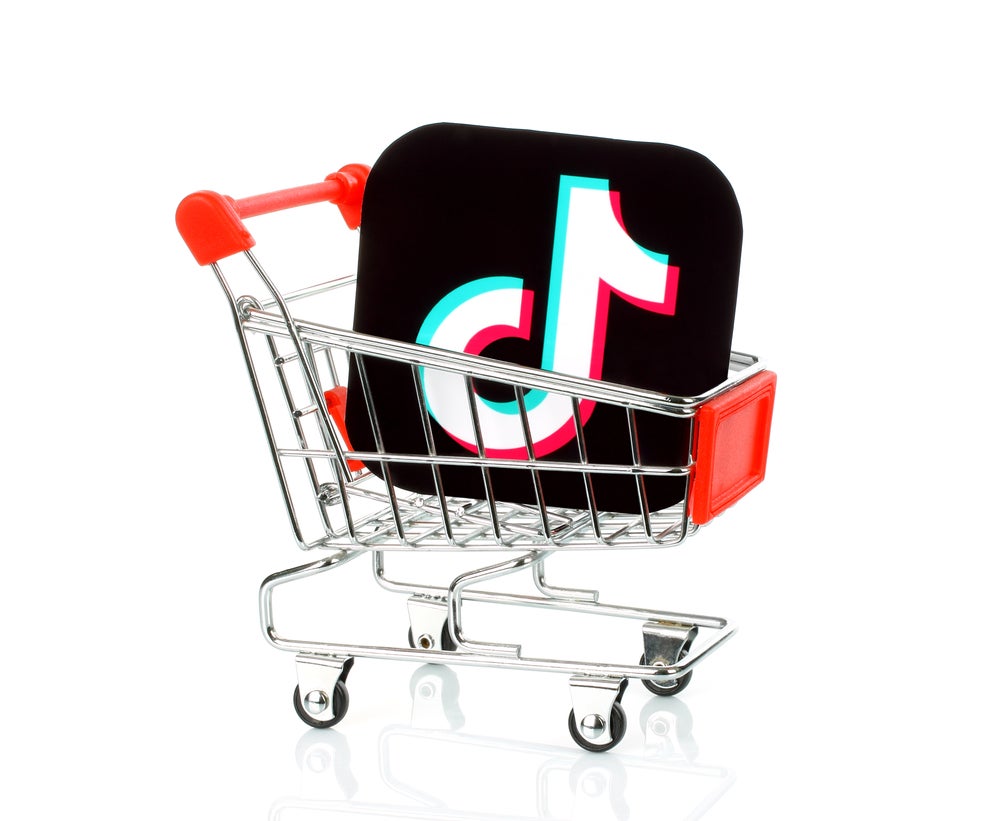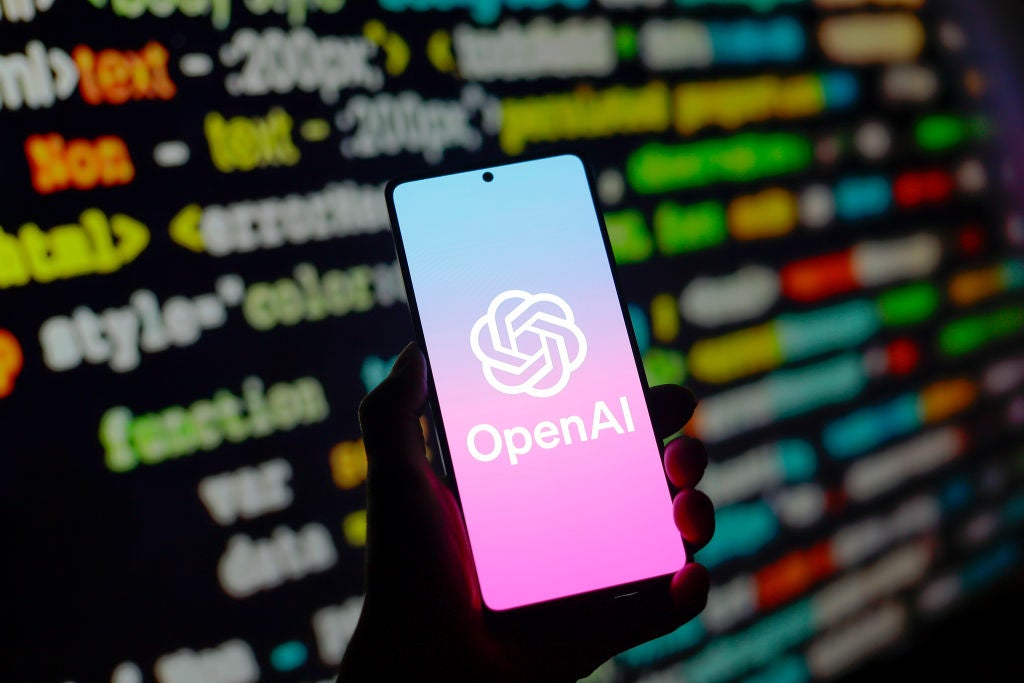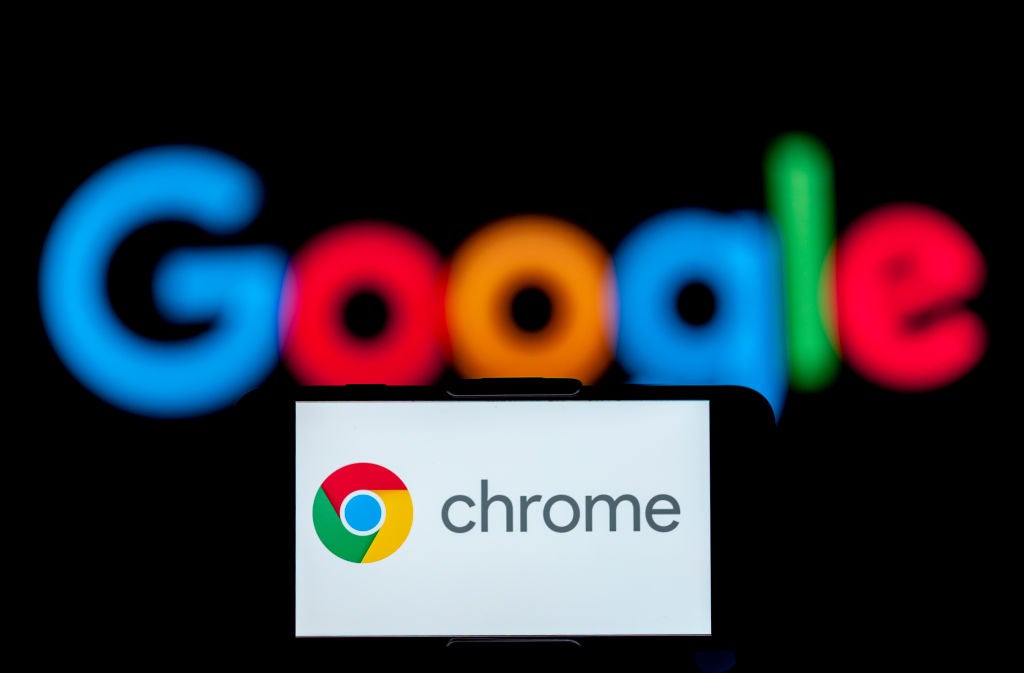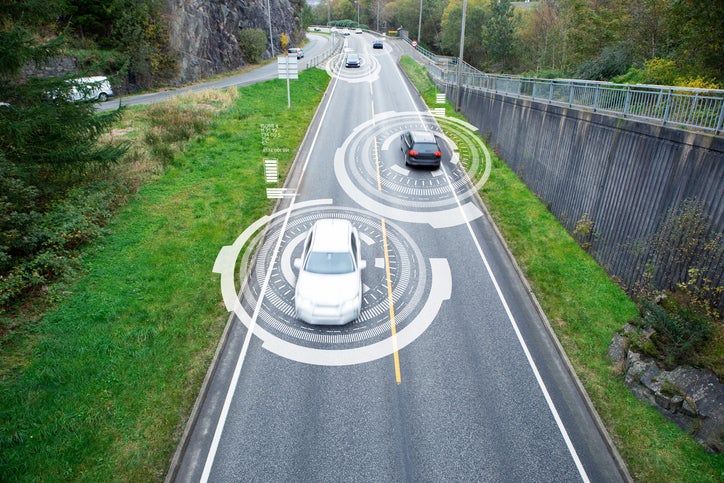While US lawmakers might say that TikTok is little more than an insidious tool of the Chinese Communist Party to manipulate Americans and steal their data, the rest of us know differently.
TikTok as a public forum
TikTok, to many of its users, is a platform of like-minded communities. It is a place where people can express and entertain themselves, and it plays the role of a lively public forum. Often this forum hosts a great deal of debate, as people from all over the world offer their takes on any given situation. DataReportal reports that almost 1.1 billion people over the age of 18 use TikTok every month.
The US alone accounts for 170 million of TikTok’s total users, and all these people can use the platform to engage in public discourse with a level of accessibility that only the internet can provide.
TikTok as a place of media literacy
Denis Villeneuve’s Dune 2 recently hit cinemas worldwide to high praise. The source material, Frank Herbert’s 1965 Dune novel, addresses very complex themes of power, religion, imperialism, and many others. It is an intensely political piece of media and the film adaptations have encouraged many people who otherwise may not have read the books to talk about the themes it deals with.
As a result, many have taken to TikTok to offer their thoughts—and creators of all sizes have weighed in on the discourse. Part of the discourse has concerned how the main character of Dune, Paul Atreides, is portrayed, criticising the movie as falling victim to the ‘white saviour’ trope whereby a white character suddenly appears in a non-white ‘lesser’ society and saves them from a threat or otherwise revolutionizes their lives for the ‘better’.
Creators expressing this take have garnered much attention from those seeking to correct them, politely or otherwise. Far from saving the Fremen, Paul leads them on a universe-spanning holy war, himself a victim of grand machinations of power (it’s not a spoiler if the book is 60 years old). Herbert’s writing was very much a critique of cults of personality, not a glorifying commentary on race relations, a point raised many times by different people across TikTok. This being so, a question often asked of these creators by those responding was along the lines of “Did you actually watch the movie?”
How well do you really know your competitors?
Access the most comprehensive Company Profiles on the market, powered by GlobalData. Save hours of research. Gain competitive edge.

Thank you!
Your download email will arrive shortly
Not ready to buy yet? Download a free sample
We are confident about the unique quality of our Company Profiles. However, we want you to make the most beneficial decision for your business, so we offer a free sample that you can download by submitting the below form
By GlobalDataTikTok as a political space
This question is an important one. To judge Dune in such a way is to impose one’s own preexisting biases and beliefs onto it without critically assessing whether that is the appropriate framework to use. This question is thus not only relevant when trying to understand the themes present in our media but also when trying to understand the more overtly political information that we consume. Only an open place of discourse can present all the information necessary to make an informed decision.
The series of violent events in Gaza and Israel have been broadcast to the world online. TikTok has been a popular outlet for people in Gaza to share their experiences and appeal for help as well as for people globally to share and talk about the events as they unfold. The platform has served not only as a source of news and discourse but also as a means of mobilization. Activists representing both sides of this conflict have taken to TikTok to call for protests and shared information to support their causes.
Sell or face a ban
Earlier in March 2024, the US House of Representatives passed a bill 352-65 that would, if ratified by the Senate and the President, give TikTok’s Beijing-based owner, ByteDance, six months to effectively sell TikTok or face a ban in the US. Aside from the impact this would have on American business owners who rely on the platform or on people simply wanting to be entertained, such a ban would dramatically impact the ability of people to mobilise for their cause, which fundamentally harms American democracy.
This is particularly the case for the pro-Palestine movement demanding a permanent ceasefire in Gaza. This is a primarily grassroots movement that is not well-represented in government and doesn’t enjoy any significant institutional support. Data For Progress reports that 67% of Americans support, to some degree, a permanent ceasefire. Banning one of the primary resources available to Americans to engage in popular political discourse would disproportionately harm the majority of Americans and would be a violation of their First Amendment rights.
Healthy democracy
A healthy democracy must have a politically active and critical citizenry. Though primarily an entertainment app, TikTok—through its role as a public forum—has, in its own way, the ability to enhance how politically active and critical people are around the world. It allows peoples’ voices to be heard when they otherwise might not have been.
This is especially true for the people of Gaza, whose access to food, shelter, and clean water—let alone power and internet—is acknowledged to be catastrophically poor. But this is also true for Americans whose voices raised in support of the people of Gaza might not otherwise be heard. The federal government in Washington is doing an excellent job of ignoring these voices, effectively silencing the majority of Americans.
It is imperative to the health of American democracy and the cause of those suffering in Gaza that one of the few forums available to all these people remain accessible and must not be banned.








